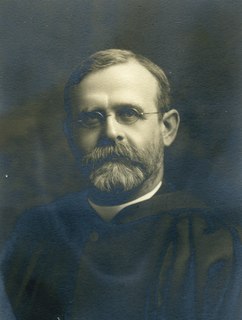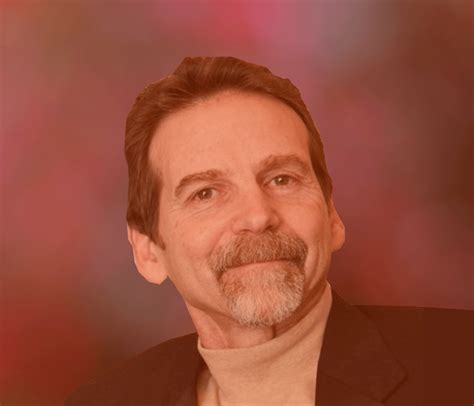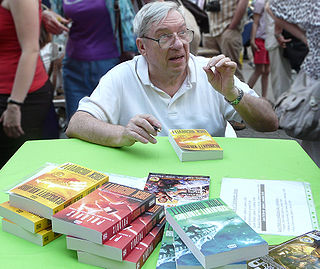A Quote by Richard Dawkins
The patient typically finds himself impelled by some deep, inner conviction that something is true, or right, or virtuous: a conviction that doesn't seem to owe anything to evidence or reason, but which, nevertheless, he feels as totally compelling and convincing. We doctors refer to such a belief as 'faith'.
Related Quotes
Faith affects the whole of man's nature. It commences with the conviction of the mind based on adequate evidence; it continues in the confidence of the heart or emotions based on conviction, and it is crowned in the consent of the will by means of which the conviction and confidence are expressed in conduct.
It is commonly said that if rational argument is so seldom the cause of conviction, philosophical apologists must largely be wasting their shot. The premise is true, but the conclusion does not follow. For though argument does not create conviction, the lack of it destroys belief. What seems to be proved may not be embraced; but what no one shows the ability to defend is quickly abandoned. Rational argument does not create belief, but it maintains a climate in which belief may flourish.
"True science has no belief," says Dr. Fenwick, in Bulwer-Lytton's 'Strange Story;' "true science knows but three states of mind: denial, conviction, and the vast interval between the two, which is not belief, but the suspension of judgment." Such, perhaps, was true science in Dr. Fenwick's days. But the true science of our modern times proceeds otherwise; it either denies point-blank, without any preliminary investigation, or sits in the interim, between denial and conviction, and, dictionary in hand, invents new Graeco-Latin appellations for non-existing kinds of hysteria!
Agnosticism is a perfectly respectable and tenable philosophical position; it is not dogmatic and makes no pronouncements about the ultimate truths of the universe. It remains open to evidence and persuasion; lacking faith, it nevertheless does not deride faith. Atheism, on the other hand, is as unyielding and dogmatic about religious belief as true believers are about heathens. It tries to use reason to demolish a structure that is not built upon reason.
Believers are often thought of as people who have some kind of private conviction or repudiation of something, whereas "the faithful" refers to a relationship, which was also incidentally the earlier sense of "faith" in premodern, preliberal Christianity. This is not to say, incidentally, that "faith" refers simply to external behavior as opposed to internal belief but that it refers to an act.
The conviction: I will not tolerate this age. The freedom: the freedom to act on my conviction. And I will act. No one else has both the conviction and the freedom. Many agree with me, have the conviction, but will not act. Some act, assassinate, bomb, burn, etc., but they are the crazies. Crazy acts by crazy people. But what if one, sober, reasonable, and honorable man should act, and act with perfect sobriety, reason, and honor? Then you have the beginning of a new age. We shall start a new order of things.
We may define "faith" as the firm belief in something for which there is no evidence. Where there is evidence, no one speaks of "faith." We do not speak of faith that two and two are four or that the earth is round. We only speak of faith when we wish to substitute emotion for evidence. The substitution of emotion for evidence is apt to lead to strife, since different groups, substitute different emotions.



































